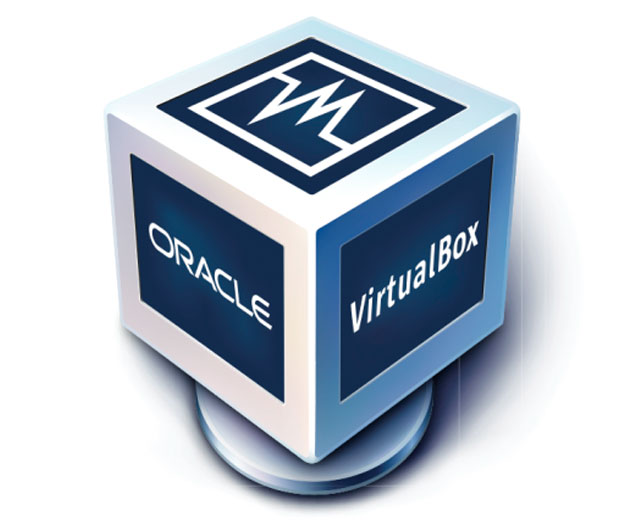Oracle Releases Latest Version of VM VirtualBox Virtualization Software
Monday, July 13, 2015

|
Richard Harris |
Oracle has released VM VirtualBox 5.0, the latest release of its free and open source, cross-platform virtualization software now offering increased security with encryption and improved performance. The product is designed to enable the use of a wide range of virtual machine environments easily on standard desktop and laptop computers, and offer simple deployment to a server virtualization solution.
A tool for developers and users creating cloud and local applications without the overhead of using a full server environment, VM VirtualBox runs on standard x86 desktop and laptop computers. It allows users to set up multi-platform virtual machine environments for software development, testing, and general purpose operating system (OS) virtualization, with optional runtime encryption.
The platform provides the ability to develop for cloud technologies, such as Docker and OpenStack, from within VM VirtualBox directly on Windows, Mac OS, Linux, and Oracle Solaris machines, making it easier to create multi-tier applications with just a standard laptop.
VM VirtualBox also enables users to create and update virtual machines locally, including the OS and applications, and then package them into an industry standard file format for distribution and cloud deployment in conjunction with Oracle VM Server, or other server virtualization solutions. Oracle VM VirtualBox allows users to run nearly any standard x86 OS to run applications that are not available natively on their systems.
This 5.0 release supports the latest guest or host operating systems including: Mac OS X Yosemite, Windows 10, Oracle Linux, Oracle Solaris, other Linux operating systems, and legacy operating systems.
New capabilities in Oracle VM VirtualBox 5.0 include:
- Paravirtualization Support for Windows and Linux Guests: Significantly improves guest OS performance by leveraging built-in virtualization support on operating systems such as Oracle Linux 7 and Microsoft Windows 7 and newer.
- Improved CPU Utilization: Exposes a broader set of CPU instructions to the guest OS, enabling applications to make use of the latest hardware instruction sets for maximum performance.
- Support of USB 3.0 Devices: Guest operating systems can directly recognize USB 3.0 devices and operate at full 3.0 speeds. The guest OS can be configured to support USB 1.1, 2.0, and 3.0.
- Bi-Directional Drag and Drop Support for Windows: On all host platforms, Windows, Linux and Oracle Solaris guests now support “drag and drop” of content between the host and the guest. The drag and drop feature transparently allows copying or opening of files, directories, and more.
- Disk Image Encryption: Data can be encrypted on virtual hard disk images transparently during runtime, using the industry standard AES algorithm with up to 256 bit data encryption keys (DEK). This helps ensure data is secure and encrypted at all times, whether the VM is sitting unused on a developer's machine or server, or actively in use.
Read more: http://www.oracle.com/us/technologies/virtualizati...

Become a subscriber of App Developer Magazine for just $5.99 a month and take advantage of all these perks.
MEMBERS GET ACCESS TO
- - Exclusive content from leaders in the industry
- - Q&A articles from industry leaders
- - Tips and tricks from the most successful developers weekly
- - Monthly issues, including all 90+ back-issues since 2012
- - Event discounts and early-bird signups
- - Gain insight from top achievers in the app store
- - Learn what tools to use, what SDK's to use, and more
Subscribe here

_r2f0ox12.jpg&width=800)










